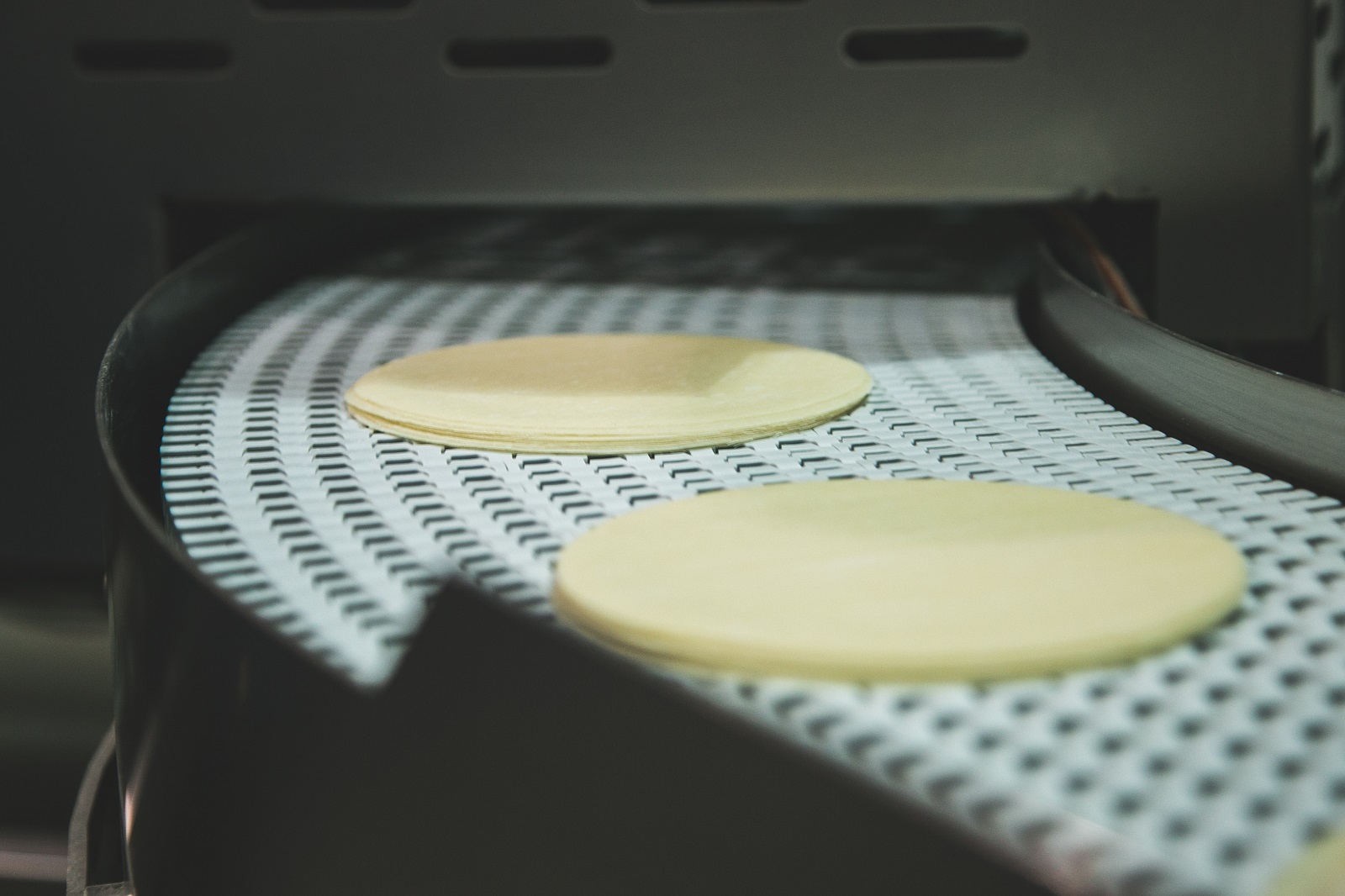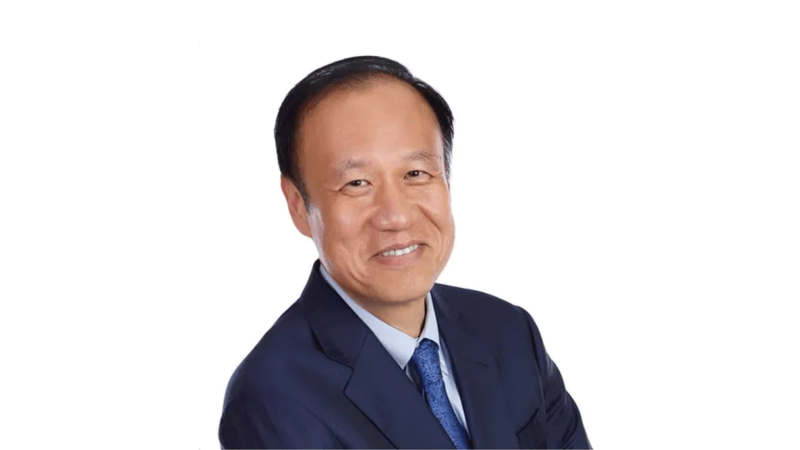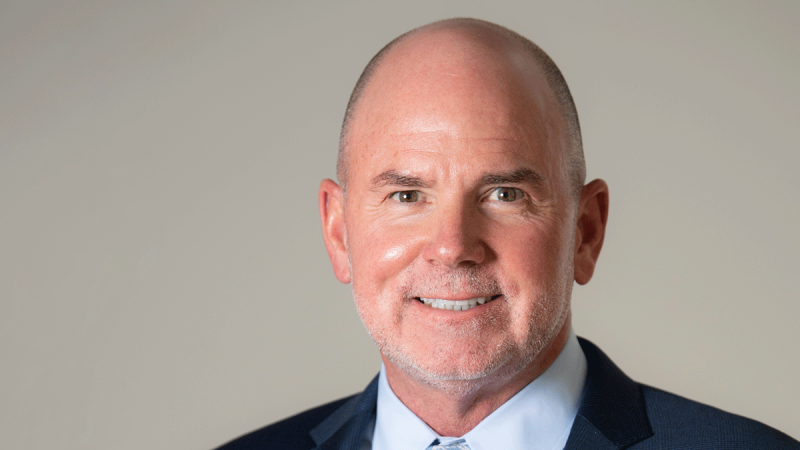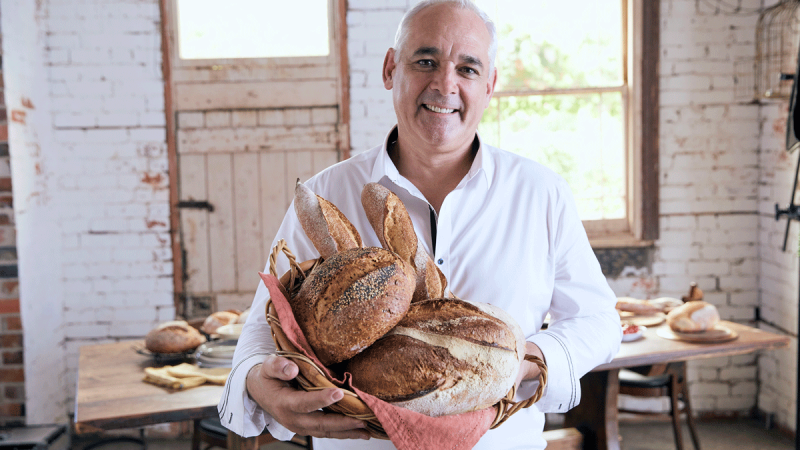The business is also using the facility as a way of paying its own suppliers early, giving them greater flexibility in their purchasing decisions. The company buys north of 26 tons of wheat flower each week, as well as a large quantity of rape seed oil, both of which have been hit hard by the war in Ukraine.
Ming Foods can trace its history back to 1984, when a husband-and-wife team started making crispy duck pancakes in their home. Fast forward 20 years, and entrepreneur Sam Duong joined the business to help transform it from a cottage industry into a major industry player, diversifying its product range and taking on a new 4,000sq ft manufacturing facility. In 2012, it acquired a new 30,000sq ft facility in Swanley as part of a significant investment in growth.
Through Optimum, he started to use Invoice Discounting, a method of cashflow funding that uses receivables (invoices) as the principal asset against which money can be raised. Optimum Finance pays Ming Foods an agreed percentage of the invoice value as soon as it is submitted, driving access to liquidity at the point of invoice as opposed to needing to wait. All of the invoices ‘sold’ to Optimum have the protection of credit insurance, in case the buyer should default.
“Optimum Finance advances 85% of the invoice value,” Sam explains, “with access of up to £350,000 at any one time, and this is a tremendous benefit in managing our cashflow. It’s also, crucially, a facility that grows as we grow, so our growth is not hampered by access to capital, which is probably the biggest barrier to an SME business like ours that is looking to scale.”
One of the benefits of receiving cash upfront is the ability to support the supply chain; maintaining supplies of raw materials is crucial: “We have a long-standing relationship with our flour suppliers which deliver from Essex to our facility in Kent and being able to pay them on time, or even early, is a tremendous advantage,” he says.
Sam’s strategy has been one of risk mitigation: “Because we sell to distributors, retailers and to the hospitality sectors, as we as exporting; we can spread our risk across different economic cycles,” he explains. “When the pandemic hit, for example, while the restaurants all closed, retail demand accelerated, and that allowed us to ride out the storm.”
In terms of next steps, Sam is ambitious but realistic. While the business has made something in the order of two billion pancakes in the last 10 years, it now also makes other thin pastry products including apple rolls and Bao buns, the latter proving especially popular.
Its products satisfy both a domestic and an international audience, from the west coast of the US to the Australian outback. As an established brand, it is looking at how that brand can be licensed, and it also owns the Intellectual Property (IP) for the technology behind how the pancakes are made.
The future for the business, Sam believes, is a scale-able one, in which he hopes and expects the team at Optimum will play their part: “To scale we need access to cash and with Optimum Finance we have found a most supportive partner.”






